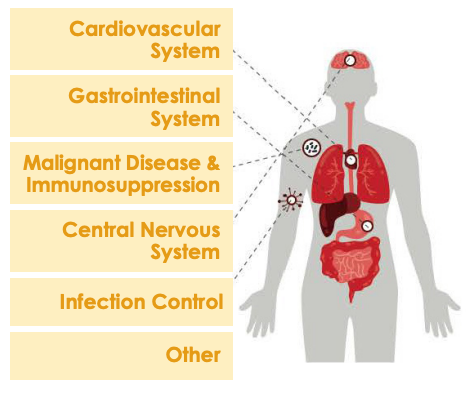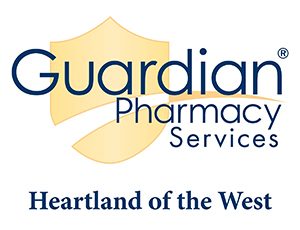A pharmacogenetics test is a one-time genetic test performed after obtaining a simple buccal swab from a resident and can reveal variability in the expression of the cytochrome P450 enzymes that are involved in metabolizing 90% of medications prescribed in the U.S.
This knowledge may help providers when making personalized therapeutic decisions for residents suffering from some of the most prevalent clinical conditions like psychiatric disorders, cardiovascular disease or pain.

AVOID ADVERSE SIDE EFFECTS
Adverse Drug Reactions (ADRs) are the 4th leading cause of death in America. 4.5 million Americans visit their doctor’s office or the emergency room every year because of adverse side effects related to prescription medications.

IMPROVE MEDICATION EFFECTIVENESS
53% of medications are ineffective as the first line of therapy. Choosing the right dose of the right medication through genetic testing may drastically improve the treatment outcome.

SAVE TIME AND MONEY
Billions of dollars are spent annually on medications that do not work. PGx testing is a noninvasive buccal swab that is only tested once, but offers guidance for a lifetime

IMPROVE PATIENT SATISFACTION
Avoid the trial-and-error pattern of prescribing. Residents who experience medication side effects are less likely to maintain medication compliance.
THE CYTOCHROME P450 SYSTEM
TESTING MENU
Individual Genes Tested
- Comprehensive Panel—APOE, COMT, CYPlA2, CYP2B6, CYP2Cl9, CYP2C9, CYP2D6, CYP3A4, CYP3A5, MTHFR, VKORCl, Factor II, Factor V, SLCOlBl
- Cardiac Panel—APOE, CYP2Cl9, CYP2C9, CYP2D6, CYP3A4, CYP3A5, MTHFR, VKORCl, Factor II, Factor V, SLCOl Bl
- Psych Panel—COMT, CYPlA2, CYP2B6, CYP2Cl9, CYP2C9, CYP2D6, CYP3A4, CYP3A5, MTHFR
- Pain Panel—COMT, CYPlA2, CYP2B6, CYP2Cl9, CYP2C9, CYP2D6, CYP3A4, CYP3A5
BODY SYSTEMS AFFECTED BY PHARMACOGENOMIC BIOMARKERS

MEDICATION CLASSES AFFECTED BY PHARMACOGENOMIC BIOMARKERS
- Anti-infectives (antibiotics, antifungals, anthelmintics, antimalarials, antiprotozoals, antivirals)
- Antineoplastics (antifolates, purine analogies, pyrimidine analogues)
- Cardiovascular Drugs (anticoagulants, anti-hypertensives, cholesterol-lowering agents, anti-anginals, antiarrhythmics)
- Central Nervous System Drugs (sedatives, hypnotics and tranquilizers, amphetamines, caffeine)
- Gastrointestinal Drugs (antacids, proton pump inhibitors, histamine2 blockers, promotility agents)
- Immunological Agents (calcineurin inhibitors, interleukin inhibitors, other immunosuppressants)
- Metabolic Agents (anti-diabetic agents, antigout agents, antihyperlipidemic agents, misc.)
- Oncological Agents (antiestrogens, alkylating agents, others)


